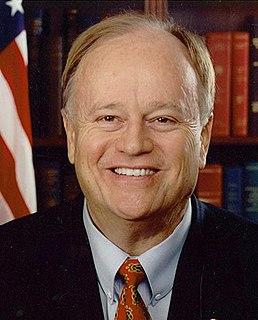A Quote by John Wooden
Adversity is the state in which man most easily becomes acquainted with himself, being especially free of admirers then.
Related Quotes
I was acquainted once with a gallant soldier who assured me that his only measure of courage was this: upon the first fire, in an engagement, he immediately looked upon himself as a dead man. He then bravely fought out the remainder of the day, perfectly regardless of all manner of danger, as becomes a dead man to be. So that all the life or limbs he carried back again to his tent he reckoned as clear gains, or, as he himself expressed it, so much out of the fire.
Every man is of importance to himself, and, therefore, in his own opinion, to others; and, supposing the world already acquainted with his pleasures and his pains, is perhaps the first to publish injuries or misfortunes which had never been known unless related by himself, and at which those that hear them will only laugh, for no man sympathises with the sorrows of vanity.
Take a young man from Gaza living in the most horrendous conditions - most of it imposed by Israel - who straps dynamite around himself and then throws himself into a crowd of Israelis. I've never condoned or agreed with it, but at least it is understandable as the desperate wish of a human being who feels himself being crowded out of life and all of his surroundings, who sees his fellow citizens, other Palestinians, his parents, sisters, and brothers, suffering, being injured, or being killed. He wants to do something, to strike back.
Private property creates for the individual a sphere in which he is free of the state. It sets limits to the operation of the authoritarian will. It allows other forces to arise side by side with and in opposition to political power. It thus becomes the basis of all those activities that are free from violent interference on the part of the state. It is the soil in which the seeds of freedom are nurtured and in which the autonomy of the individual and ultimately all intellectual and material progress are rooted.
One's own free unfettered choice, one's own caprice-however wild it may be, one's own fancy worked up at times to frenzy-is that very "most advantageous advantage" which we have overlooked, which comes under no classification and against which all systems and theories are continually being shattered to atoms... [an]will attain his object-that is, convince himself he is a man and not a piano-key!
Slowly but certainly the proletarian, by every political reform which secures his well-being under new rules of insurance, of State control in education, of State medicine and the rest, is developing into the slave, leaving the rich man apart and free. All industrial civilization is clearly moving towards the re-establishment of the Servile State.




































